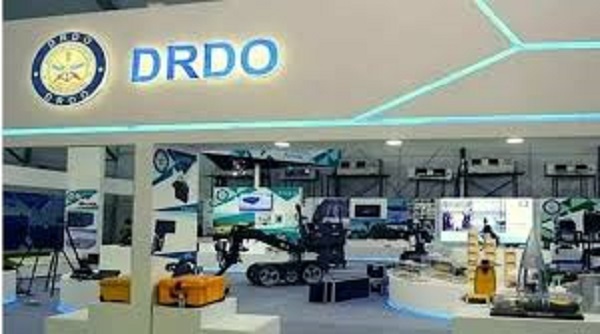
DRDO Transfers Tech for Nine Defence Systems to Industry
In a major stride toward strengthening India’s defence manufacturing base, the Defence Research and Development Organisation (DRDO) has transferred technologies for nine land-based military systems to ten Indian companies. This initiative is part of a larger push to localise defence production and reduce dependency on imports under the Atmanirbhar Bharat and Make in India missions.
The formal handover took place at the Vehicles Research & Development Establishment (VRDE) in Ahilyanagar, Maharashtra, and saw participation from both public sector units and private defence firms.
List of Defence Platforms Transferred
The systems include a mix of armoured support, artillery, reconnaissance, and engineering vehicles:
- CBRN Reconnaissance Vehicle (Tracked Mk-II) and Expandable Mobile Shelter to Bharat Electronics Ltd (BEL).
- Mounted Gun System to Bharat Forge.
- Anti-Terrorist Tracked Vehicle to Metaltech Motor Bodies.
- Trailer for Arjun Mk-1A Tank Transporter to BEML, Tata International Vehicle Applications, SDR Auto, and John Galt International.
- Unit Maintenance & Repair Vehicles for Arjun MBT to BEML.
- Multi-Purpose Decontamination System to Dass Hitachi and Goma Engineering.
- Vajra Riot Control Vehicle to Tata Advanced Systems.
These transfers will allow rapid scaling of indigenous production capabilities across multiple vehicle classes essential for military readiness.
Boost to Private Sector and Strategic Autonomy
DRDO Chairman Dr. Samir V. Kamat highlighted the operational success of these indigenous systems during recent military exercises and underscored the need for industry to prepare for surge production. This transfer is a clear indication of the government’s intent to build a resilient, self-reliant defence industry through active collaboration with the private sector.
The move also signals a strategic policy shift—away from traditional reliance on foreign OEMs and toward a more integrated domestic defence ecosystem. Partnerships such as the one announced with COEP Technological University, Pune, aim to further drive innovation and academic-industry collaboration in defence R&D.
With production licenses now in hand, Indian companies are positioned to deliver critical military systems at scale, supporting both domestic deployments and potential future exports. The tech transfers represent not just a capacity boost but a foundational shift in India’s approach to national defence preparedness.


















